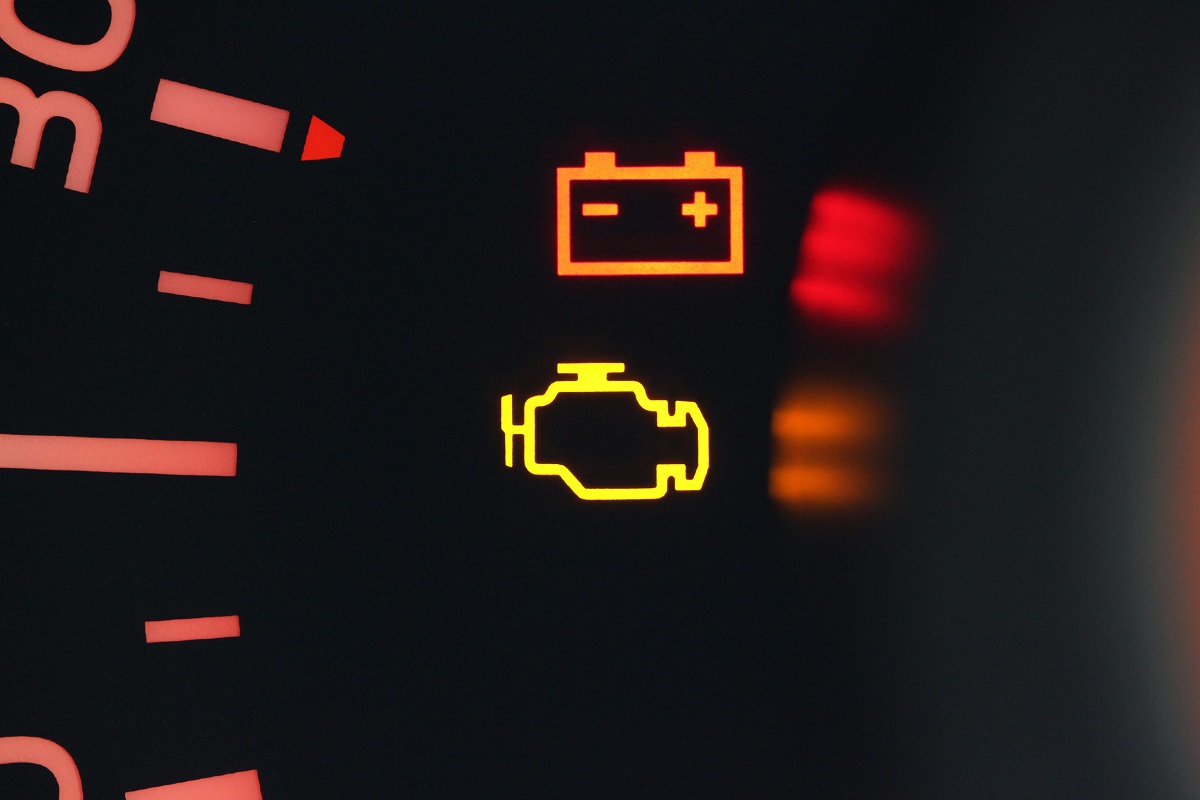
Jun 1, 2023
When the "check engine" light illuminates on your hybrid vehicle's dashboard, it may indicate various potential issues. It is crucial not to postpone or overlook this warning, and it is advisable to seek assistance from a specialized HEV (Hybrid Electric Vehicle) shop. Our proficient team of hybrid experts can effectively resolve your problem, ensuring that you can confidently resume your journey.
To identify the specific problem detected by your vehicle, owners and mechanics can utilize a scanner, readily available at most auto parts stores. In this post, we provide a compilation of common diagnostic codes for Toyota, Lexus, and Prius vehicles. Please note that this information is intended for educational purposes only. It is essential to refrain from servicing hybrid batteries without adequate training and always prioritize the use of proper safety equipment.
P0A80 – Replace Hybrid Battery Pack
Hybrid Car Brands:
- Toyota Prius
- Lexus RX 450h
- Honda Accord Hybrid
- Ford Escape Hybrid
- Hyundai Sonata Hybrid
- Kia Optima Hybrid
- Chevrolet Tahoe Hybrid
This code signals that the hybrid battery pack is no longer functioning efficiently. It’s often paired with P30XX codes indicating imbalances. Common symptoms include poor fuel efficiency, sluggish performance, and warning lights. Replacement is typically required.
P3011–P3027 – Weak Battery Blocks
Hybrid Car Brands:
Each code pinpoints a specific weak battery block. For instance, P3011 means block 1 is weak, P3012 means block 2, etc. These codes are a clear indicator of an aging or unbalanced battery pack.
P3030 – High Voltage Line Snapped
Hybrid Car Brands:
This code means the battery ECU has lost connection with one or more blocks. It may result from snapped wiring or corrosion. A scan tool can help locate the affected block.
P0A7F – Battery Pack Deterioration
Hybrid Car Brands:
A deteriorating battery module results in high resistance, often flagged by this code. It leads to a drop in performance and reduced energy retention.
P0AA6 – Voltage Isolation Fault
Hybrid Car Brands:
High-voltage leakage to the vehicle chassis is serious and potentially dangerous. This code calls for immediate inspection, often caused by corrosion or leaking electrolyte.
P0A93 – Inverter Cooling System Performance
Hybrid Car Brands:
This error typically indicates low coolant, a bad water pump, or fan motor malfunction. Overheating can severely damage the inverter, so don’t ignore this code.
P0A94 – DC/DC Converter Performance Issue
Hybrid Car Brands:
This code is often tied to internal inverter failure. If left unresolved, it can cause other electrical systems to malfunction or fail entirely.
P0A0F – Engine Failed to Start / Hybrid System Malfunction
Hybrid Car Brands:
This generic but concerning code may stem from battery pack failure or a faulty hybrid control module. If the engine fails to start, have your battery system inspected immediately.
P0A81–P0A85 – Battery Cooling Fan Issues
Hybrid Car Brands:
This series of codes suggests that the battery is overheating due to a faulty or obstructed cooling fan. Dirty filters, pet hair, or debris buildup are often to blame.
C1241 – Low 12V Battery Voltage
Hybrid Car Brands:
This isn’t a high-voltage code, but it’s frequently mistaken as one. It indicates your 12V battery is weak or charging improperly, and it can cause many system alerts to trigger unnecessarily.
P0A0D, P0A10–P0A13 – DC/DC Converter and High Voltage System Errors
Hybrid Car Brands:
These codes are mostly seen in Kia and Hyundai hybrids and point to converter enable circuit issues or high-voltage interlock faults. Prompt diagnosis is necessary to avoid electrical failure or battery over-discharge.
P0B22–P0B30 – Voltage Instability Across Battery Sections
Hybrid Car Brands:
These codes point to specific voltage irregularities between different segments of the hybrid battery. They’re early signs of pack deterioration and should be addressed before failure occurs.
P3000 – Hybrid Control System Malfunction
Hybrid Car Brands:
This code appears when the system detects low state of charge or malfunctions in the HV battery assembly or control unit. If left unchecked, it can cause complete power loss or prevent starting.
C1217–C1219, C1251, C1259 – Regenerative System & Brake Faults
Hybrid Car Brands:
These codes affect the regenerative braking and hybrid ECU system. When malfunctioning, they increase battery strain and reduce system lifespan. Frequent among Lexus hybrids, they often lead to premature battery failure if unresolved.
What should you do now?
If you are facing an issue with your hybrid vehicle or have identified one of these codes, we can assist you in resolving the problem. Our team of hybrid battery mechanics provides a convenient on-site, mobile service, meaning we can come directly to your work, home, or school.

